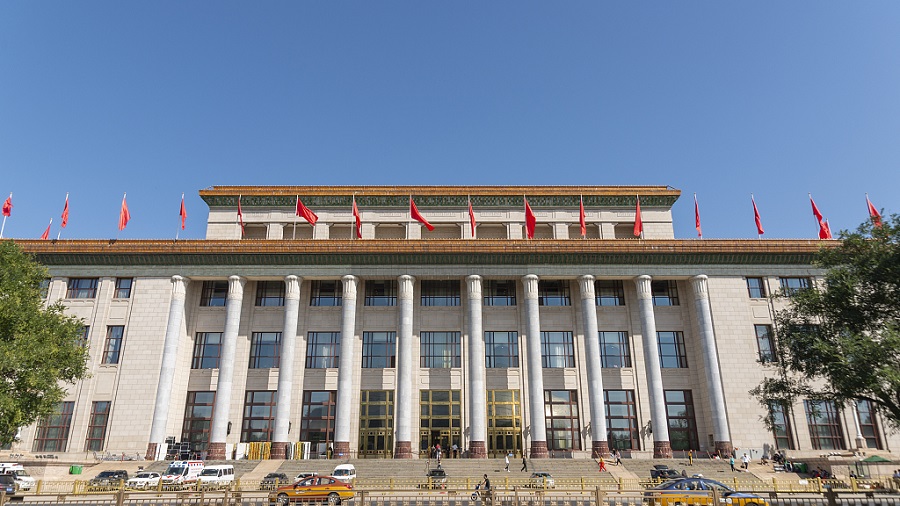'Custody and education' penalty for prostitution abolished by lawmakers


China's top legislature voted on Saturday to abolish the "custody and education" system, a penalty for legal violations related to prostitution.
The decision, passed at the end of a six-day bimonthly session of the National People's Congress Standing Committee, went into effect on Sunday.
Those undergoing "custody and education" will be discharged from the penalty without serving their remaining time, according to the decision.
Prostitution remains illegal under Public Security Administration Punishments Law, while the Criminal Law stipulates the penalties for the crimes of organizing prostitution or forcing people into it.
The "custody and education" system, established by the State Council in the 1990s, states that prostitutes and their customers face detention ranging from six months to two years after they are caught by public security authorities.
Detainees were given legal and ethical education, taken for medical checks and reformed through labor.
The "custody and education" system played an important role in maintaining a good social atmosphere and public order following its introduction more than 20 years ago, but the punishment has been applied less frequently in recent times as China's legal system has improved and law-based governance has advanced.
Community corrections
Apart from the abolishment, the closing meeting of the session also adopted a series of laws, including the Community Correction Law and a revised Forest Law.
The Community Correction Law stipulates the applicable subjects, management and working mechanism, procedures, supervision, and education and support measures for community correction.
Community correction targets criminals sentenced to public surveillance, given a reprieve, released on parole, or permitted to temporarily serve their sentences outside prison, it says.
The law aims to advance and standardize community correction work, help the subjects better reintegrate into society and prevent and reduce crime.
It calls for efforts to improve the use of information technology in community correction organizations and makes provisions in areas such as information verification and electronic positioning.
The law also encourages and supports participation by enterprises, public institutions, social organizations and volunteers in community correction.
Although the law, which will take effect on July 1, is China's first law on community correction, the country began community correction pilot programs in 2003 and initiated trial implementation nationwide in 2009.
About 4.78 million people have undergone community correction since 2003, Jiang Aidong, head of the Ministry of Justice's community correction administration, told a news conference.
Wang Aili, from the NPC Standing Committee's Legislative Affairs Commission, said, "The recidivism rate was only about 0.2 percent."
Improved forests
The revised Forest Law aims to better protect the country's forests and facilitate green development.
It categorizes forests into public benefit forests and commercial forests, which will be managed differently.
Public benefit forests will be rigorously protected, while commercial forests will be managed by authorized operators in accordance with the law. The authorized operators will also be tasked with conserving forest resources, according to the law.
Governments at and above the county level should incorporate the protection of forest resources and the development of forestry into their economic and social development plans, it says.
China's National Tree Planting Day has also been enshrined in the law to raise people's awareness of forest protection.
The revised Forest Law will take effect on July 1.
The session also decided to submit a draft civil code for deliberation at next year's annual NPC session, which is scheduled to open on March 5.
The draft consists of general provisions and six sections on property, contracts, personal rights, marriage and family, inheritance and torts.
The draft will be sent to all national lawmakers next month to solicit opinions, and the opinions of local legislatures, various authorities and the public will also be sought to improve the draft before it is submitted to the annual NPC session, said Shen Chunyao, vice-chairman of the NPC's Constitution and Law Committee.
Xinhua
- Leaders of countries send congratulations on PRC's 75th founding anniversary
- Chinese naval ships open to public tours during National Day holiday
- Top leaders of Russia, DPRK, Vietnam, Laos, Cuba send congratulations on PRC's 75th founding anniversary
- Beijing Railway Station celebrates National Day
- Elliot's exploration of Confucius cultural festival
- International NEV rally concluded in Anhui





































